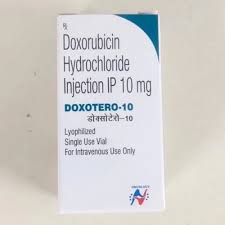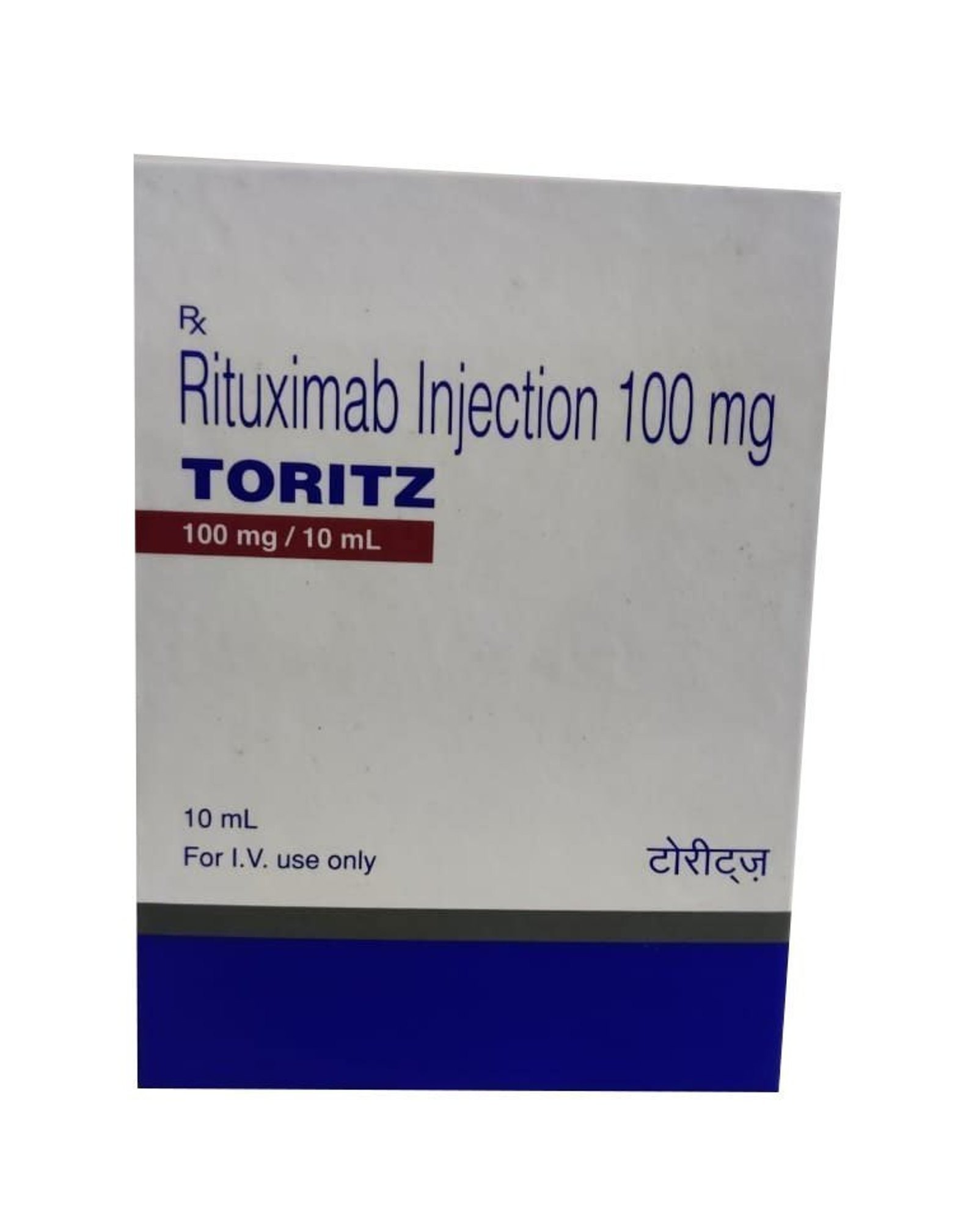Doxotero 10 is a prescription medication used to treat certain types of cancer, including breast cancer, ovarian cancer, and lymphoma.
Composition:
Each vial of Doxotero 10 contains 10mg of doxorubicin hydrochloride.
Mechanism of Action:
Doxorubicin works by:
- Interfering with the replication of DNA in cancer cells
- Damaging the DNA and preventing it from being replicated
- Inducing apoptosis (cell death) in cancer cells
Uses:
Doxotero 10 is used to treat:
- Breast cancer that has spread to other parts of the body
- Ovarian cancer that has spread to other parts of the body
- Lymphoma, including Hodgkin’s lymphoma and non-Hodgkin’s lymphoma
- Soft tissue sarcoma
Dosage:
The recommended dosage of Doxotero 10 is:
- 10mg/m² administered as an intravenous injection over 3-5 minutes every 3-4 weeks for breast cancer
- 10mg/m² administered as an intravenous injection over 3-5 minutes every 4-6 weeks for ovarian cancer
- 10mg/m² administered as an intravenous injection over 3-5 minutes every 3-4 weeks for lymphoma
Side Effects:
Common side effects of Doxotero 10 include:
- Nausea and vomiting
- Fatigue
- Hair loss
- Increased risk of infection
- Increased risk of cardiac problems
- Increased risk of liver damage
- Increased risk of kidney damage
Recommendation:
Doxotero 10 is recommended for patients who have not responded to or have relapsed after treatment with other chemotherapy regimens. Patients should also be advised to monitor their blood counts and liver function regularly during treatment.
Important Note:
Patients should not take Doxotero 10 if they have a history of severe allergic reactions, kidney problems, or liver problems. Patients should also inform their healthcare provider if they have any underlying medical conditions, such as heart problems or lung problems, before taking Doxotero 10.
Some common brands of doxorubicin include:
- Adriamycin (Pharmacia & Upjohn)
- Rubex (Bristol-Myers Squibb)
- Doxorubicin (Sandoz)
Please note that Doxotero 10 is not available in all markets and may be approved for different indications and dosages in different regions.




Reviews
There are no reviews yet.